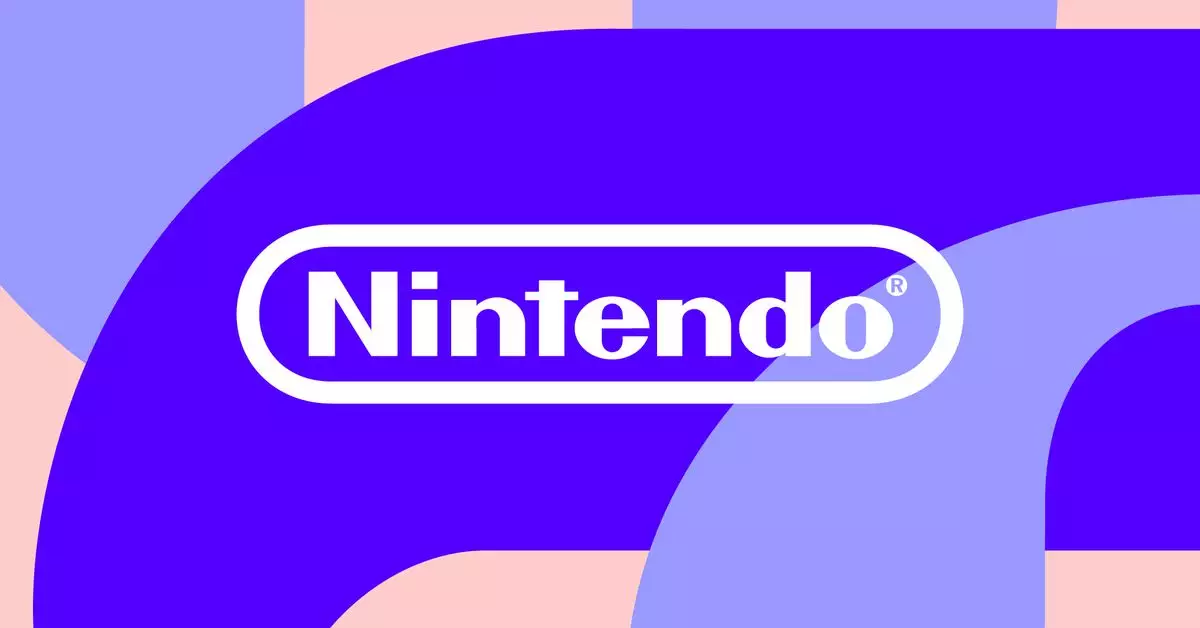In the ever-evolving world of gaming and digital entertainment, the introduction of dedicated music applications is a curious phenomenon. Nintendo, a titan in the gaming industry, recently launched its own streaming service, aptly dubbed Nintendo Music. With expectations running high among loyal fans and nostalgic gamers alike, the stakes were set for this new venture. However, while the app houses several intriguing features, it falls short in several critical aspects that may leave users yearning for more.
As a newcomer in the streaming service arena, Nintendo Music promises a unique audio experience customized for its extensive library of game soundtracks. Coming with the allure of being an app designed exclusively for Nintendo fans, it ultimately mirrors the layout and functionality found in established platforms like Spotify and Apple Music. Upon first opening the app, users encounter a visually appealing design, showcasing tracks grouped by game titles and special curated playlists that promise to enhance the user experience. However, beneath this attractive exterior lies a plethora of frustrations waiting to test the patience of its eager users.
For subscribers of Nintendo Switch Online, the ability to browse tracks from beloved games like *Animal Crossing* and *Metroid* can be exciting. The app offers independent playlists dedicated to themes, characters, and popular songs associated with these titles, including extended loop options. The idea of enjoying a full 60-minute loop of calming melodies from *The Legend of Zelda: Breath of the Wild* is undoubtedly appealing. Nonetheless, the joy of this discovery is somewhat short-lived when users come face-to-face with the serious limitations of the app’s catalog.
The crux of the issue lies with the app’s available music selections. With over four decades of gaming history, Nintendo boasts an extensive array of beloved franchises, yet only a mere 25 games have made it to the app at launch. Users find themselves bewildered to discover that iconic titles such as *Super Mario World* are glaringly absent, and the offerings lean heavily towards more recent Nintendo Switch titles. While the anticipation for incoming music from classic franchises is tantalizing, the app’s launch feels incomplete and lacks the depth that a loyal fanbase would expect.
Moreover, Nintendo’s slow rollout of additional soundtracks raises questions about the company’s commitment to building a robust music library. Announcements of future additions include tracks from legendary titles such as *Super Mario 64* and *The Wind Waker*, yet users are left in limbo, wondering when and if these updates will happen. The sparse initial selection could deter users who are looking for a more comprehensive experience right out of the gate, forcing them to rely on unofficial channels like YouTube to fill the gaps.
Although there are elements of the app that shine, such as the option to create “spoiler prevention” lists to help gamers avoid potential plot twists, the app’s functionality presents its own issues. For instance, not all songs are eligible for the extended loop feature, which can be baffling when users encounter beloved tracks that would benefit from such a function. The curious choice of allowing fictional bands from *Splatoon 3* more prominence over legendary composers like Koji Kondo only adds to the peculiarities of the user experience.
Navigating the app also yields its share of frustrations, such as an abrupt restart of tracks when attempting to extend their duration. Such minor qualms might seem trivial, yet they speak to a lack of polish and attention to user experience that is critical in a music streaming app.
Nintendo Music is a promising concept that, despite its well-intentioned features and unique offerings, suffers from a glaring lack of depth and completeness. The app’s initial limitations, alongside its slow integration of additional music, render it a less-than-ideal solution for fans hoping to revisit the soundtracks that have accompanied their gaming experiences. While it provides glimpses of potential, many users may find themselves retreating to YouTube or other alternatives until Nintendo commits to giving the music service the attention it deserves.
Regardless of its current shortcomings, one cannot ignore the prospect of what could be if Nintendo plays its cards right. For now, gaming enthusiasts will have to accept that Nintendo Music is a work in progress, one that sits on the precipice of greatness yet requires a dedicated push to transform into the one-stop shop for all Nintendo soundtracks. The road ahead remains uncertain, but the hope for a more comprehensive musical archive endures.

